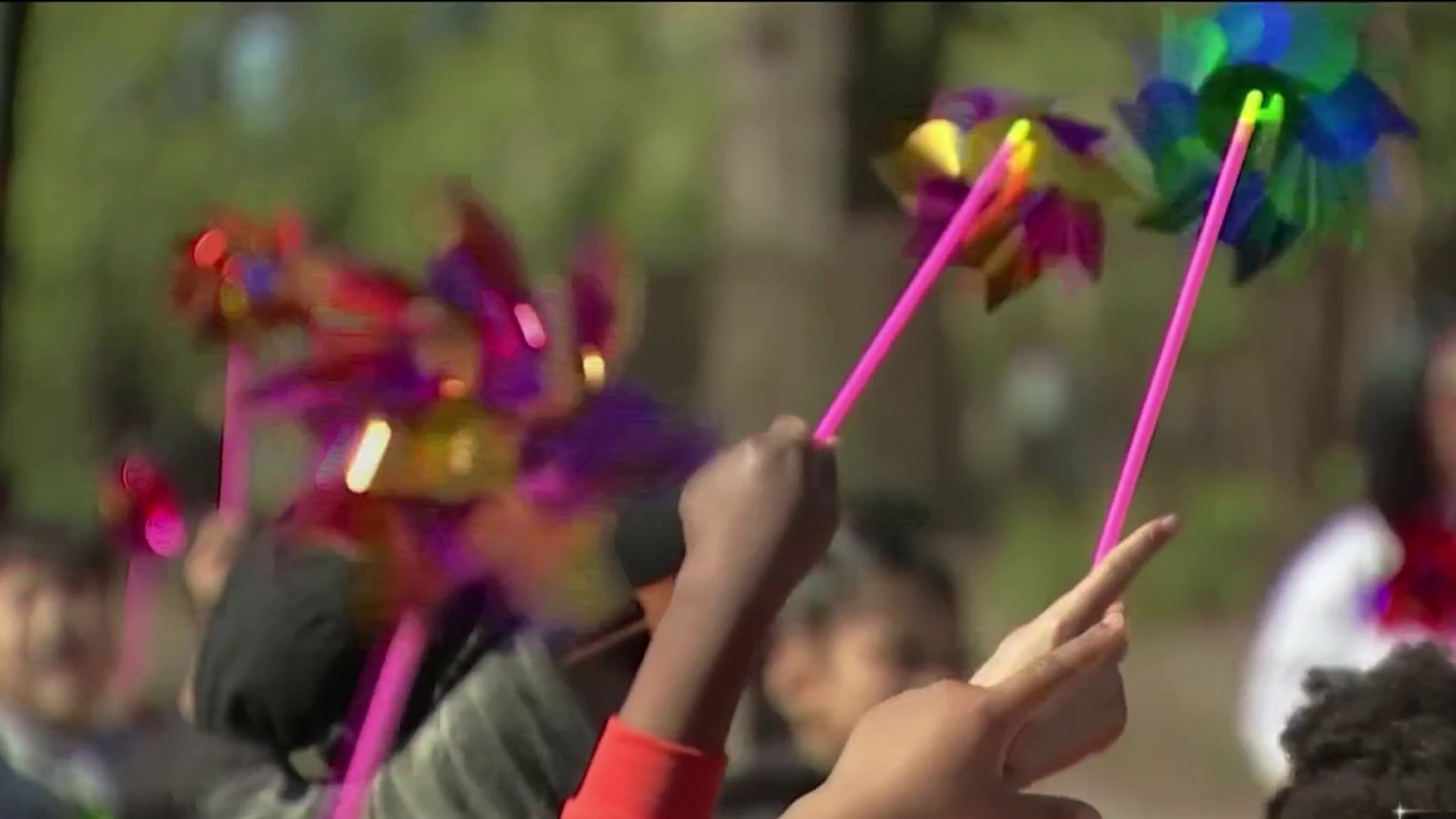A victim of last month's massive Pennsylvania Turnpike pileup who was already struggling says he got hit with another blow on Tuesday: a $127 ticket.
"I feel like it's a lie," said 29-year-old Steven Coney.
Coney first spoke to NBC10 on February 28 and talked about how his life had been impacted by the February 14 pileup.
"This car pileup has been very stressful. I am depressed," he said. "It’s been hard financially."
It was around 8:25 a.m. on Feb. 14 when five tractor trailers and 10 cars collided in the eastbound lanes of the Turnpike about a mile from the Bensalem, Bucks County, Pa. interchange. Behind that first crash, a number of other collisions followed with some vehicles spinning out, catching fire, flipping over and being lodged under trucks. Area hospitals accepted 27 drivers who were hurt in the pileup, some seriously, but none suffered life-threatening injuries.
The limited access highway was closed for more than eight hours and more than 75 vehicles were involved.
Coney was lucky to escape serious injury when his Mitsubishi was crushed under a tractor trailer in the mess, but his car was left unusable.
Since then, he’s been renting a car, at his own expense, because he says a Pennsylvania State Police report he needs to provide to his insurance company isn’t done. Coney said police told him it might not be completed until April. This is an issue others involved in the pileup, like Coney, are likely facing as the investigation into the incident draws on.
Local
Breaking news and the stories that matter to your neighborhood.
"The State Police have not started a police report yet. They have not said who is at fault yet. It’s just a big mess," Coney said. "I have to work overtime just to cover expenses. I am basically doing everything on my own with no help."
To add insult to injury, Coney says he received a $127 speeding ticket on Tuesday. State Police say he was driving too fast for weather conditions and lost control of his car. Coney insists however that he wasn't going too fast.
"I was only going 40 to 45 miles per hour," Coney said on Wednesday.
In addition to not having a car, Coney says he now has to take time off from work to fight the ticket.
"He didn't have a very good day," said State Senator Robert Tomlinson, R-Bensalem. "I think we should definitely take a look at it."
Tomlinson is on the committee holding hearings to review the events that led to the massive pileup as well as the response.
During the hearing on Tuesday, Transportation Committee Chairman John Rafferty, R-Montgomery, said that when agencies did respond, it was confused and chaotic and nobody seemed to know who was in charge.
"There seemed to be nobody ... who said, 'I'm the guy,'" Rafferty said. In the future, lines of authority and communication need to be clear in a large response to a major accident, he said.
Officials from the Pennsylvania State Police and the Pennsylvania Turnpike Commission acknowledged that they need to work on their response to major pileups.
"There's no question that there was some chaos," Mark Compton, the turnpike commission's chief executive officer, told Rafferty.
Speed restrictions put in place during the storm had been lifted at 6 a.m., but rush-hour motorists said the roadway was very slick, calling into question whether it had been adequately treated. State police also suspect sun glare might have played a role.
Turnpike officials and state police say the roadway had been treated for ice that morning and was wet before ice unexpectedly formed in patches. Still, state police say troopers issued 52 citations, mostly for speeding, and maintain that human error was the primary cause of the crashes.
It took about eight hours to clear the roadway, and state police troopers responding to the accident had to leave their cars in gridlocked traffic and get to the scene on foot, police said.
Officials acknowledged that some responding agencies did not communicate well initially. For instance, the state police and Bensalem police each set up command centers. Backed up traffic hampered the efforts of police and responders because gridlocked cars couldn't get out of the way and the barriers prevented access from the westbound lanes.
Lt. Col. George Bivens, the state police's deputy commissioner for operations, said the various police agencies train with each other, but not to respond to such large accidents.
Still, he said, the eight-hour timeframe to clear the road was probably unavoidable, given the number of disabled vehicles and the demands of an investigation. Also, it is very difficult to let motorists know about ice forming when it happens so quickly, as it did that morning, Bivens said.
Tomlinson says they will hold another hearing soon.
"We've got to figure out how this doesn't happen again," Tomlinson said.
As for Coney, the here and now is more of an issue for him as he tries to get his life back on track.
"I just want a car so that I can get back and forth to work," Coney said.



